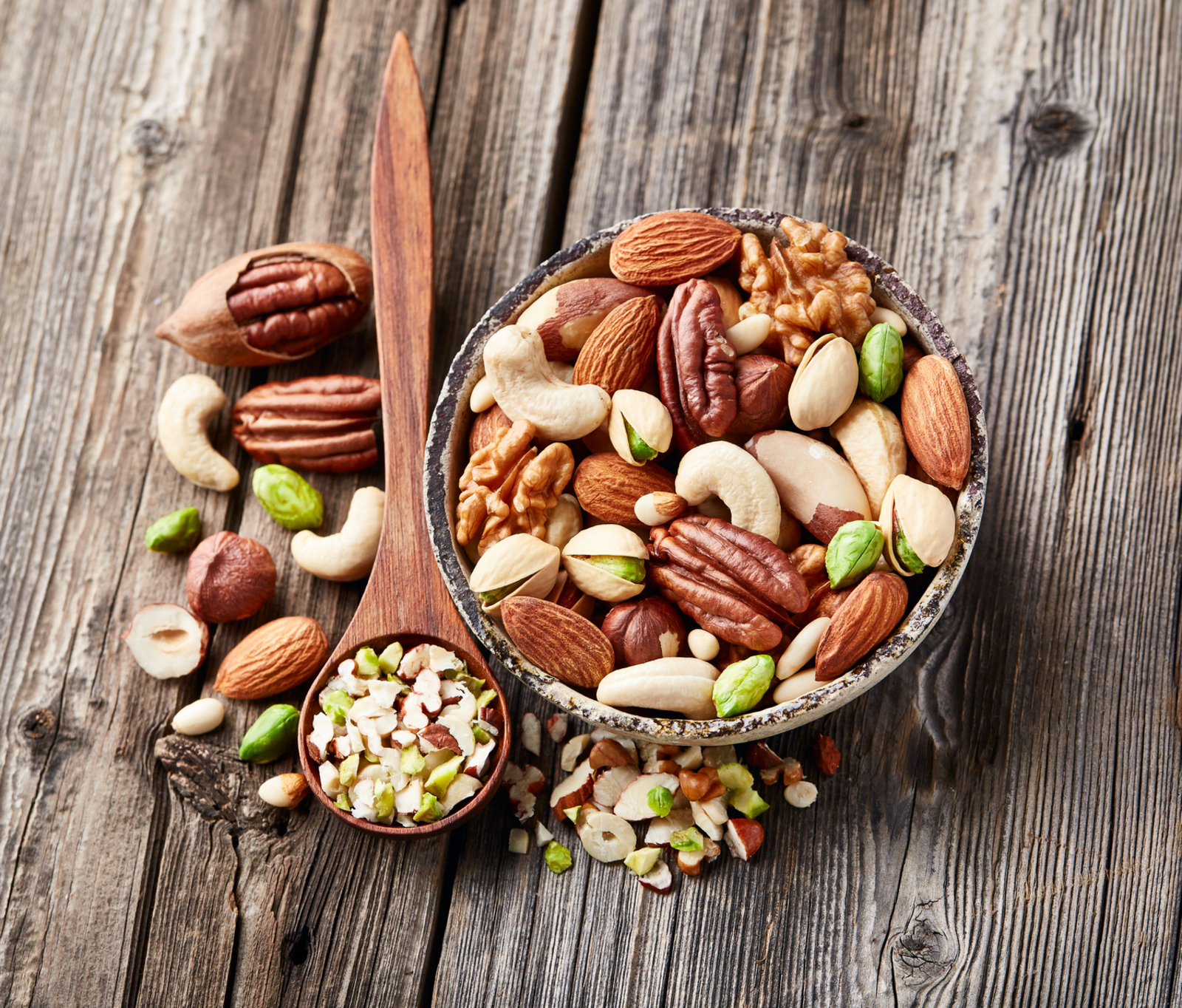
Foods That Help Manage ADHD and Treatment Medications
ADHD refers to attention-deficit hyperactivity disorder, a neurodevelopmental disorder that can cause problems with attention, emotion, behavior, and impulse control. Common symptoms of ADHD include excessive talking, fidgeting, lack of concentration, and interrupting conversations. Approximately 11% of children 4- to 17-years old are diagnosed with ADHD. To manage the symptoms of ADHD, doctors often prescribe medication options like Concerta, Quillivant, Adderall, and Methylphenidate. Studies have shown that these foods may also help manage ADHD:
1. Brazil nuts
Brazil nuts are an excellent source of selenium, which helps reduce mercury levels. Mercury is a toxic metal that can accumulate in the body over time. This buildup can lead to memory loss and ADHD-like symptoms. They also contain copper, which has been shown to improve attention span and impulse control in people with ADHD. The nuts are high in B vitamins, which are necessary to produce neurotransmitters that help regulate your mood and attention.
2. Eggs
Eggs are a great source of choline, a nutrient that plays an important part in memory, mood, and attention span. These nutrients not only help improve these symptoms, but also help improve concentration as well. Another benefit of eggs is the rich omega-3 fatty acids within. Eggs have also been shown to improve reading scores in children with ADHD and dyslexia.
3. Spinach
Spinach contains a high amount of chlorophyll, which increases oxygen delivery to the brain. This will improve short-term memory and attention span and can help children with ADHD maintain focus in school. They are also a great source of fiber, which helps to improve digestion and promote weight loss.
4. Apples
Apples are a great source of vitamins and minerals that can help improve ADHD symptoms. A medium-sized apple contains 30% of the recommended daily amount of vitamin C, which helps reduce oxidative stress in the brain, improving memory and attention span. Apples also contain quercetin, an antioxidant that has been shown to improve symptoms of ADHD in children.
5. Blueberries
Blueberries are a rich source of antioxidants, which play a vital role in brain health. There is evidence that these berries can help improve attention span. The anthocyanin antioxidant content of blueberries helps blood circulation to the brain and can increase dopamine levels, which increases focus. When dopamine levels are low, it can cause distractibility, impulsivity, and hyperactivity. Blueberries can also help lower blood pressure while improving mental performance.
6. Red peppers
Red peppers are rich in vitamin C, which has antioxidant and anti-inflammatory properties that can help improve ADHD symptoms by protecting the brain from oxidative stress and inflammation. Red peppers also contain beta-carotene, a precursor to vitamin A, which helps improve short-term memory and attention span. The peppers are high in folate, a B vitamin necessary to maintain healthy brain function.
ADHD is a very challenging disorder that can cause serious problems in children. To improve mood and attention span, consuming foods that help reduce the risk of oxidative stress, inflammation, and toxins can significantly help. Eating foods rich in nutrients like vitamins C and E, choline, selenium, beta-carotene, and selenium can help improve the effectiveness of ADHD medication.



